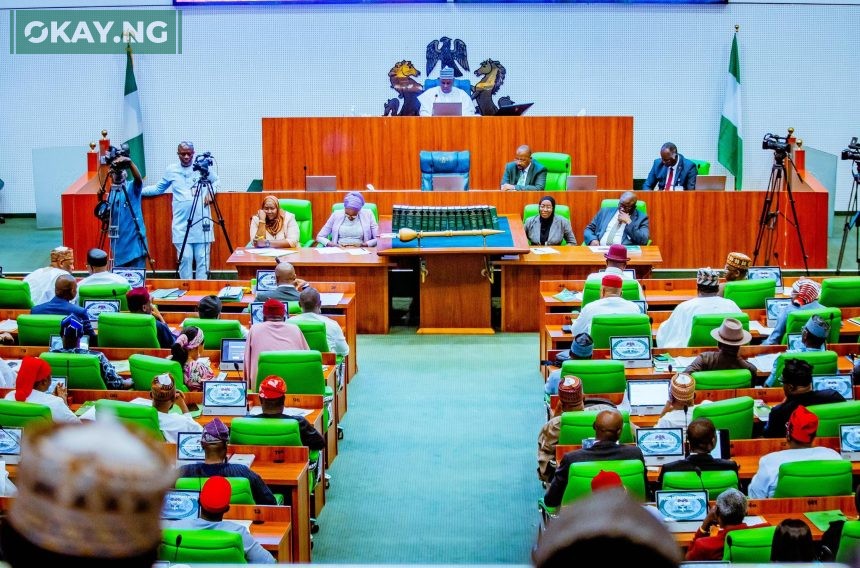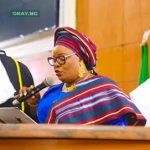The House of Representatives has passed the first reading of a bill seeking to introduce the parliamentary system of government in Nigeria.
Sponsored by 60 lawmakers, the bill aims to transition the country from its current presidential system to a parliamentary one by the year 2031.
In the current presidential system, the president is directly elected by the people, while under the proposed parliamentary system, the legislature appoints a prime minister, leading to a less defined separation of powers.
Speaking on behalf of the lawmakers after the plenary session, Abdulsamad Dasuki, a member of the Peoples Democratic Party (PDP) from Sokoto, highlighted the perceived shortcomings of the presidential system and the rationale behind the proposed transition.
Dasuki stated, “Among these imperfections are the high cost of governance, leaving fewer resources for crucial areas like infrastructure, education, and healthcare, and consequently hindering the nation’s development progress, and the excessive powers vested in the members of the executive, who are appointees and not directly accountable to the people.”
The lawmakers emphasized that the bill is intended to ignite a national conversation about the future of Nigeria’s governance system. They called for robust public debates, stakeholder consultations, and expert analyses to inform the decision-making process.
“Our conviction is that a streamlined executive branch, which replaces the president and vice president with a prime minister and cabinet chosen from the legislature could lead to a smaller central government, reducing salaries and administrative expenses,” they added.
While similar initiatives have been proposed in the past, this bill signals renewed efforts to overhaul the country’s governance structure.









